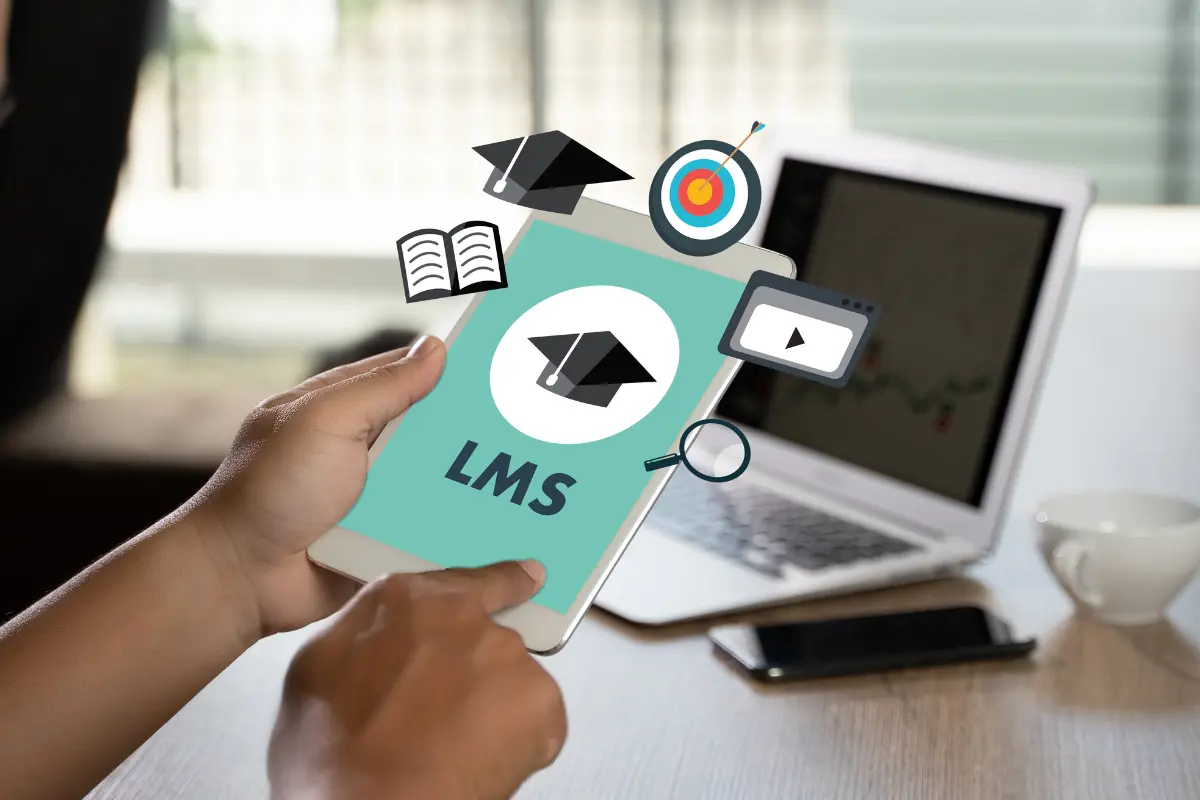Learning that’s tailored to the individual needs, preferences, and schedule is more effective. Numerous studies confirm this. In 2024, learning new disciplines is becoming easier: education software development services help. Any educational institution — from elementary schools to universities, language courses — can order the development of learning services with unique options.
What is an adaptive learning system?
First, a bit of terminology. Adaptive Learning Systems is a broad term. The term covers all online platforms, programmes and applications that allow you to learn interactively, analyse a student’s potential and adapt the programme and tasks individually without repetition.
The main advantage of such systems, according to Lionwood, is the ability to learn more efficiently: focusing on the main thing and eliminating the secondary. All students are different, as are their needs, their ability to remember and so on.
Let’s see how it works with examples. There are several adaptive systems that have become popular in different countries (and you are probably familiar with these applications):
- Khan Academy. A non-profit educational platform that offers personalized learning resources in various subjects, including math, science, and humanities.
- Duolingo. A language-learning platform that uses adaptive algorithms to tailor language instruction to individual proficiency levels and learning goals.
- DreamBox Learning. An adaptive math program for students in kindergarten through eighth grade, designed to personalize the learning experience and support differentiated instruction.
Adaptive learning systems are truly transforming education. By making it more accessible, interesting and effective for all kinds of students. Regardless of age, location and ability. Such applications and programmes prove that learning can be done without boredom, and modern technologies are a real find for educators.
Adaptive learning systems represent a paradigm shift in education, offering a personalized and adaptive learning experience that meets the individual needs and preferences of students. Despite challenges such as privacy issues and implementation barriers, the benefits of adaptive learning systems are significant, including improved student engagement, learning outcomes and cost-effectiveness. As technology continues to advance, the future of adaptive learning offers exciting opportunities to improve education around the world.
Conclusion
The rise of adaptive learning systems heralds a new era in education, where personalized learning experiences are the norm rather than the exception. Through platforms like Khan Academy, Duolingo, and DreamBox Learning, students can engage with content tailored to their abilities and interests, leading to improved learning outcomes and greater engagement.
Despite challenges, such as privacy concerns and implementation barriers, the potential benefits of adaptive learning systems are vast, promising a future where education is more accessible, effective, and engaging for learners worldwide. As technology continues to evolve, the continued development and integration of adaptive learning systems hold promise for revolutionizing education on a global scale.



